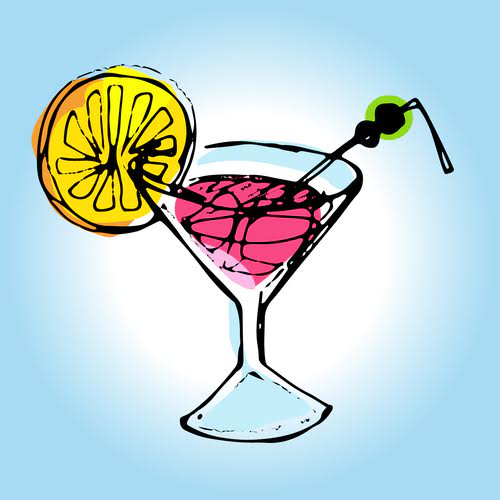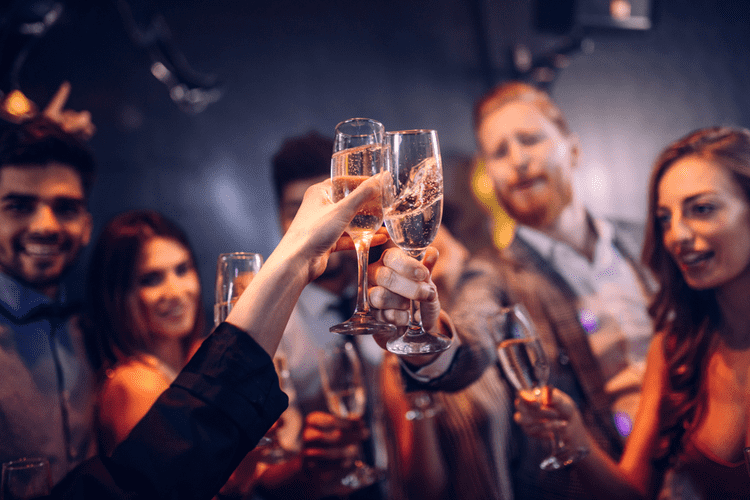Alcohol and insomnia: Possible risks and more
Sober living
The CDC defines moderate drinking as two or fewer drinks for males, and one or fewer for females, in a given day. People who drink alcohol before sleep are also more likely to experience breathing difficulties at night. They will also experience shorter periods of sleep, resulting in less restful sleep overall. For example, people may experience steroid-induced insomnia, or antidepressants may worsen or induce sleep disorders.
Other Articles of Interest
There are various options available to help you address and overcome your sleep difficulties. Consulting a sleep specialist, exploring therapy options, and considering medication as a last resort are three avenues to consider. Daily drinking can have serious consequences for a person’s health, both in the short- and long-term.
- The good news for individuals who want to quit drinking is that there are a number of alcohol-free methods to help you fall asleep.
- About 40% say they notice an impact on their sleep after 3-4 drinks.
- One study on binge drinking and insomnia found that people who binged two days a week had an 84% higher chance of having insomnia.
How does alcohol withdrawal affect insomnia?
In some cases, medication may be considered as a last resort for individuals who are unable to find relief from their sleep difficulties through other means. However, it’s important to note that medication should only be prescribed and monitored by a qualified healthcare professional. Firstly, regular use of alcohol to aid sleep https://ecosoberhouse.com/ can lead to tolerance, requiring higher amounts to achieve the same sedative effect. The brain then moves on to the next stage of light sleep, but there is an increase in brave wave frequency, followed by a further slowing down. This process of powering up and then slowing down helps to further slow activity in the brain.

Supreme Court to Hear Case on Public Sleeping Ban
Studies estimate that 36–91% of people experiencing alcohol dependence may have insomnia. Some 36% are seeking better sleep – and they may have a good chance of success. One-third of respondents who stop drinking, even for a few weeks, notice their sleep is somewhat better, if not much better (22%). Of those, 50% say they sleep more soundly, 48% feel more refreshed when waking, and 42% feel less tired during the day.
The Sleep Gender Gap: Nighttime Disparities Between Women and Men
Make sure you are in a quiet environment so your body and mind can relax. Regardless of the cause, figuring out the root of the issue will help you develop other methods to fall asleep. The more sleep debt you have, the worse your energy, mood, and productivity will be. Sound aside, the gadget also has a useful nightlight function with four modes of warm brightness. This is particularly handy if you like a soft light while you read, or have a baby or child who requires sound and light in their bedroom.
To that end, here are a few alternatives to reaching for the bottle when you’re trying to relax. Worst of all, alcohol blocks REM sleep, considered the most impactful phase of the sleep cycle. So drinkers often feel groggy and unrested even after a long night of ‘drunken’ slumber. The exact reason exercise promotes sleep is not fully understood; however, 30 minutes of moderate activity will help you feel more ready for sleep. Some people find that exercise before bed helps promote sleep, while others find it more effective to exercise in the morning.
- The study on the independent effect of sleep on the prevalence of pre-sarcopenia can be made more reliable by adjusting for various confounding variables.
- You might be able to banish alcohol insomnia fast — 80% of users get better sleep within five days.
- Instead of pouring yourself a drink, treat yourself to a self-care night and a great night of sleep.
- While he has always been a sound sleeper, he doesn’t wake up as much throughout the night when he isn’t drinking.
Try Cognitive Behavioral Therapy for Insomnia (CBT-I)
However, it’s important to understand the connection between alcohol and sleep, as well as why relying on alcohol for sleep can be problematic in the long run. Staying physically active during the day can help you fall asleep at night, as well as promote overall health. In a normal circadian rhythm, can’t sleep without alcohol hormones are released at certain times throughout the day. Alcohol interrupts this process, causing abnormalities in how circadian hormones are released. Good sleep hygiene will help you fall asleep faster and stay asleep longer, so you don’t need to have something before bed for sleep.

As sobriety continues into the first few months, many individuals experience a more profound normalization of their sleep patterns and circadian rhythm. The body’s internal clock, which regulates the sleep-wake cycle, becomes more synchronized without the disruptive influence of alcohol. During this phase, the body is adjusting to the absence of alcohol, and the brain is recalibrating its neurotransmitter balance.
hello